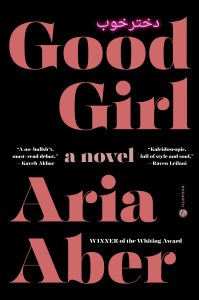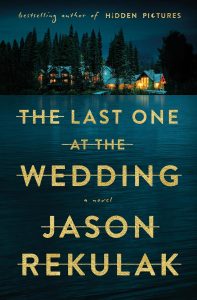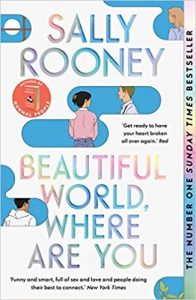
Jeneva Rose has never shied away from playing with genre, but in Dating After the End of the World she takes a bold leap into the territory of apocalyptic romance. At first glance, pairing zombies with love might sound like an odd experiment, yet the result is a story that mixes survival, action, and emotional intensity in ways that are both entertaining and unexpectedly heartfelt.
Plot Overview
The story follows Casey Pearson, a doctor who thought she had escaped the eccentricities of her doomsday-prepper father. At eighteen she left home determined to live a normal life. More than a decade later, a viral outbreak shatters that plan. The infected turn into violent, zombie-like creatures, and Casey is forced to return to her childhood home.
Waiting there is not only her father but also Blake Morrison, the high school bully who once made her life miserable. Now Blake is an integral part of the survival compound, a man who fights alongside her father and complicates every single day with his presence. Between waves of the undead, ruthless humans, and emotional baggage from the past, Casey finds herself caught in a slow-burn enemies-to-lovers romance while trying to reconcile her strained relationship with her father.
Strengths of the Novel
The action is where this book shines brightest. Rose delivers gory, adrenaline-fueled fight scenes that will satisfy fans of zombie fiction. Casey’s throwing stars, Blake’s military background, and the chaotic brutality of the apocalypse combine to create cinematic sequences that feel larger than life. Readers who enjoyed The Last of Us or other survival thrillers will find plenty to latch onto here.
Equally compelling is the father-daughter dynamic. The emotional push and pull between Casey and her father gives the novel weight beyond its romantic storyline. Their relationship captures the tension of past wounds alongside the desperate need for connection in a crumbling world. Many readers have noted that these scenes are the ones that linger after the book is closed.
The romance, too, has its moments. Fans of enemies-to-lovers will appreciate the constant banter, biting insults, and the undeniable chemistry that simmers underneath. The story also teases with a love triangle, keeping readers guessing about Casey’s true emotional direction.
Where It Falters
The love story, while passionate, may not resonate with everyone. For some readers the level of cruelty in Blake’s behavior feels more like lingering bullying than playful tension. Others noted that the romance pacing follows a predictable formula: the kiss halfway through, the declarations of love three-quarters in. If you prefer nuanced character growth, the relationship might feel rushed or forced at times.
Another area of critique is the writing style. Rose tends to overwrite simple actions, layering descriptions that can slow the momentum. While this adds vivid detail, it occasionally pulls the reader out of the moment, especially in high-stakes scenes. Some side characters also feel thinly sketched, existing more as archetypes than individuals.
Final Thoughts
Dating After the End of the World is not a perfect novel, but it is undeniably entertaining. It is wild, unhinged, and heartfelt, combining dystopian survival with a quirky romantic core. If you enjoy your zombie stories laced with humor, banter, complicated family ties, and just enough romance to spark hope in the ruins, this book will likely win you over.
For readers who crave action-packed survival tales with a side of enemies-to-lovers tension, Jeneva Rose’s experiment pays off in a big way. And with a confirmed sequel on the horizon, this end of the world is just the beginning.


